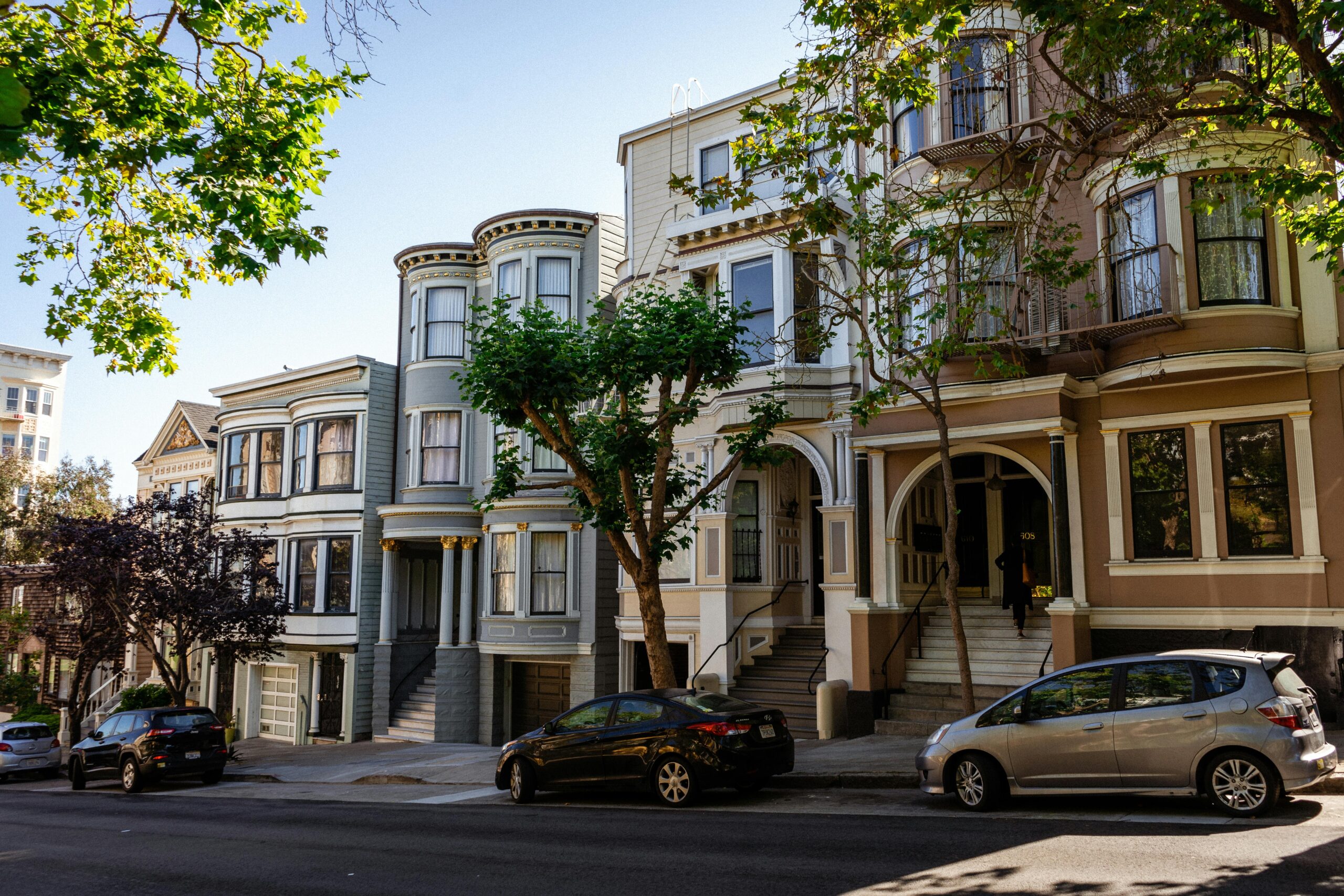Gov. Gavin Newsom signed a new housing bill into law as part of the state’s 2025-2026 budget, overhauling environmental protection rules to address California’s housing shortage and homeless crisis.
The two bills — AB 130 and SB 131 — amend long-standing development barriers and reform the California Environmental Quality Act (CEQA), which requires reviews for critical housing and infrastructure projects. State officials say the two-bill package will bring more affordable housing and infrastructure, aligning with California’s Abundance Agenda.
The measures would streamline CEQA reviews to speed up projects such as infill housing, high-speed rail, utilities, broadband, community facilities, wildfire prevention and farmworker housing, while preserving protections for natural and sensitive lands. The legislation also exempts local governments from CEQA requirements when rezoning to implement approved housing elements, ensuring sites are project-ready.
The proposal also seeks to speed up housing approvals by expanding the Permit Streamlining Act, limiting certain housing-related appeals to the California Coastal Commission, expediting coastal permitting and making permanent key provisions of the Housing Accountability Act and the Housing Crisis Act.
To reduce construction costs, the plan will freeze new residential building standards through 2031, with exceptions for updates related to emergencies, fire safety or environmental conservation.
The bills introduce new financing tools to support long-term housing investment, including a revolving fund that reinvests equity from stabilized affordable housing into new developments through the Affordable Housing Excess Equity Program. It would also create a statewide CEQA Vehicle Miles Traveled Mitigation Bank, providing developers with an option to meet CEQA mitigation obligations by funding location-efficient, affordable housing and infrastructure projects.
The budget includes $500 million for round seven of the Homeless Housing, Assistance and Prevention program, contingent on stricter accountability requirements. To receive funding, jurisdictions must maintain a compliant housing element, adopt encampment policies consistent with administration guidelines and agree to the reallocation of funds from underperforming areas to those that meet performance targets.
In addition to the program and regulatory reforms, Gov. Newsom’s announcement also features nearly $103 million in Homekey+ awards for six counties and cities. Those include:
- Santa Barbara County ($43.8 million)
- City of Santa Barbara ($5.8 million)
- Nevada County ($5.3 million)
- Placer County ($14.8 million)
- City of Los Angeles ($14.9 million)
- City of Modesto ($17.9 million)
California officials expect the first round of awards to create more than 315 permanent supportive housing units. The initiative is part of a broader investment of more than $1 billion in bond funding available through the program to help cities, counties, housing authorities and tribal entities build housing for veterans.
An additional $1.1 billion is available for projects targeting broader populations, backed by a mix of Proposition 1 and Homeless Housing, Assistance and Prevention funds. The state is reviewing Homekey+ applications on a rolling basis, with the Department of Housing and Community Development receiving 67 requests totaling more than $1.1 billion, according to state officials.
Additional investments in homelessness response include $81 million for the Home Safe Program, $100 million for Encampment Resolution Funds and $81 million for the Bringing Families Home Program.
Photo by Enric Cruz López from Pexels











